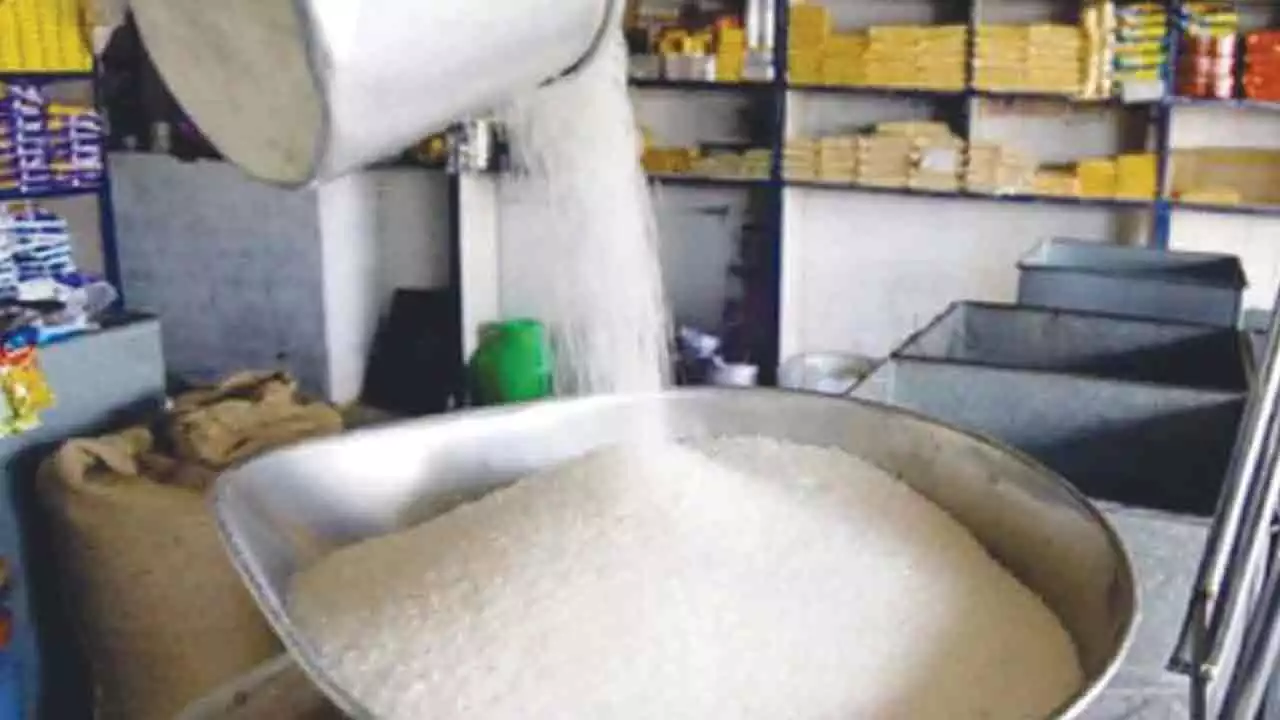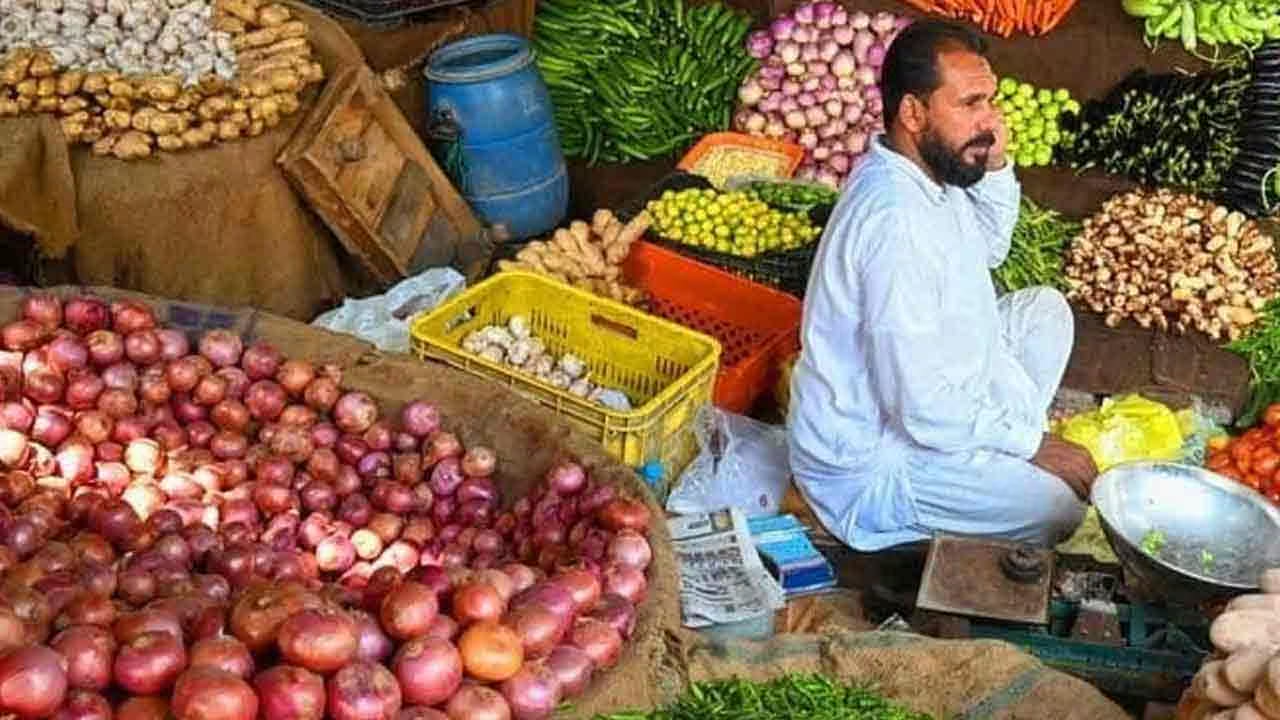Sugar prices in Pakistan have surged dramatically over the past week, driven by the activities of speculators and hoarders. The sudden spike has created a ripple effect in the market, with rates varying significantly across retail, wholesale, and ex-mill sectors. The situation has left consumers grappling with the rising costs of an essential commodity.
A Steep Hike in Prices
As of now, large shopkeepers are selling sugar at Rs130 to Rs135 per kilogram, while the ex-mill rate has climbed to Rs115 to Rs125. However, the smaller retailers are charging even higher prices, ranging from Rs140 to Rs150 per kilogram—a staggering Rs20 increase in a short span.
The trend suggests no immediate relief for consumers. Dealers have projected that the wholesale price of sugar may rise to Rs128 per kilogram in December and reach Rs133 in January. This prediction comes with concerns about additional increases due to speculative trading practices.
The Role of Speculators and Hoarders
Market analysts point to the role of speculators and hoarders in driving up sugar prices. Since the beginning of the week, these entities have been manipulating the supply chain to artificially inflate rates. By withholding stock and creating an artificial scarcity, they have effectively caused panic in the market, forcing retailers and wholesalers to adjust their prices accordingly.
This practice not only disrupts the natural demand-supply equilibrium but also unfairly burdens the end consumer, who bears the brunt of these unjustified price hikes.
Futures Trading: A Potential Catalyst for Further Increases
Adding to the woes of consumers, the concept of futures trading is being floated as a reason for further price hikes in January. Industry insiders warn that this practice could lead to an additional Rs8 increase per kilogram. Futures trading, often used as a tool to hedge against price fluctuations, can also be exploited to manipulate prices if left unchecked.
The potential impact of this increase could be significant, particularly for low-income households already struggling with rising costs of living.
Consumer Impact and Public Reaction
The escalating sugar prices have sparked widespread frustration among consumers. For many, sugar is a staple item that forms a significant part of their daily diet. The sudden price hike has forced families to reassess their budgets, with some even cutting down on sugar consumption.
The outcry on social media platforms reflects the public’s dissatisfaction with the government’s inability to curb speculative practices and stabilize prices. Consumers are calling for immediate intervention to address the root causes of the crisis.
Government and Industry Response
The government has yet to announce concrete measures to tackle the issue, but pressure is mounting for action. Possible steps include:
- Crackdown on Hoarders: Authorities need to identify and penalize those involved in hoarding sugar to artificially drive up prices.
- Market Regulation: Strengthening market oversight and monitoring can help prevent speculative practices and ensure fair pricing.
- Stock Release: Releasing government-held sugar stocks could temporarily stabilize the market and reduce consumer prices.
However, these measures must be implemented swiftly to have a meaningful impact before the projected price hikes in December and January.
Long-Term Solutions
While immediate action is essential, the sugar price crisis also highlights the need for long-term solutions. These could include:
- Enhancing Local Production: Supporting farmers and incentivizing sugarcane cultivation can help increase supply and reduce dependence on imports.
- Transparent Supply Chain: Introducing technology-driven systems for monitoring sugar stocks and distribution can minimize opportunities for hoarding.
- Regulating Futures Trading: Establishing clear guidelines and oversight mechanisms for futures trading can prevent price manipulation.
Looking Ahead
As the sugar price crisis unfolds, the situation remains uncertain. With dealers predicting further increases and the market already under strain, the coming months could prove challenging for consumers. It is imperative for the government to step in and take decisive action to stabilize prices and protect citizens from exploitative practices.
In the meantime, consumers are urged to remain vigilant and report instances of overpricing or hoarding to the authorities. By addressing the root causes of the issue, Pakistan can ensure a more stable and equitable market for essential commodities like sugar.



